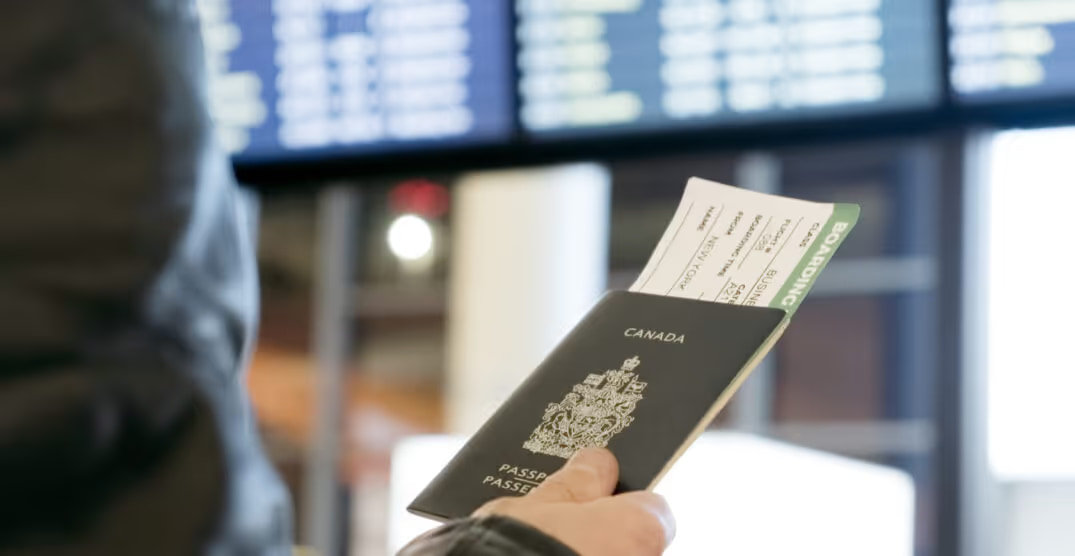This year has seen a series of changes that have dramatically reshaped the experience of studying in Canada as an international student. These developments underscore a crucial reality: obtaining permanent residence (PR) in Canada is not guaranteed for international students and graduates. Permanent Residence No Guarantees for International Students
Navigating the Path to Permanent Residence
Canada offers several pathways for international students to work and potentially settle permanently after graduation. However, these opportunities are not assured and depend on the country’s evolving immigration priorities. Permanent Residence No Guarantees for International Students

Why PR Isn’t a Given for International Students
Even if you graduate from a Designated Learning Institution (DLI) in Canada, you must clear multiple hurdles to obtain PR. Graduates often need to gain work experience to qualify for many economic PR programs. Typically, this is achieved by obtaining a Post Graduation Work Permit (PGWP), which allows graduates to work across Canada. The duration of the PGWP usually matches the length of the student’s study period, though changes to this program may be forthcoming.
After accumulating the necessary work experience, graduates must apply to a suitable PR program. Many opt for the Canadian Experience Class (CEC) under the Express Entry system, which is tailored for those with Canadian education and work experience. Other routes include Provincial Nominee Programs (PNPs) that may target international graduates directly after graduation.
However, this transition is not straightforward. It involves waiting periods and a prioritization system based on Canada’s labor market and demographic needs. For example, Express Entry now includes category-based selections, prioritizing candidates with French language proficiency or experience in high-demand sectors. This means federal immigration can favor these candidates over those with higher Comprehensive Ranking System (CRS) scores. Similarly, various PNP streams might prioritize applicants with specific professional experiences, demographics, or family connections in the province.
These factors can complicate an international graduate’s PR application. Additionally, graduates are often constrained by the validity period of their PGWP. If they don’t secure PR before their PGWP expires and can’t obtain a new temporary residence status, they will need to leave Canada. Although their Express Entry profile remains valid if they meet the eligibility criteria, this adds another layer of challenge.
Strategies for Maximizing PR Eligibility
Despite these hurdles, international graduates from Canadian DLIs remain strong candidates for immigration. Here are some strategies to enhance your chances:
Focus on In-Demand Professions and Language Skills:
Under Express Entry’s category-based selection, certain professions are prioritized, lessening the emphasis on CRS scores. These include:
- Healthcare professionals
- STEM professionals
- Trades professionals
- Transport professionals
- Agriculture and Agri-Food professionals
Individuals with a Canadian Language Benchmark (CLB) level of 7 in all aspects of French
Explore Provincial Programs:
In addition to federal pathways, consider local provincial programs designed for international graduates. Examples include:
Alberta: Graduate Entrepreneur Stream, Foreign Graduate Entrepreneur Stream, Alberta Opportunity Stream
British Columbia: International Graduate and International Post-Graduate categories
Manitoba: Manitoba Work Experience Pathway, Employer Direct Recruitment Pathway, International Education Stream, Graduate Internship Pathway
Newfoundland and Labrador: International Graduate and International Graduate Entrepreneur categories
Nova Scotia: International Graduate In-demand Stream, International Graduate Entrepreneur Stream
Ontario: Human Capital Category, Master’s or PhD Category, Employer Job Offer Category
Saskatchewan: Saskatchewan Experience Category—Student Sub-Category, International Graduate Entrepreneur Category
By aligning your career goals and skill development with these prioritized areas, you can enhance your eligibility and improve your chances of securing PR in Canada.
Final Thoughts
Navigating the path to permanent residence in Canada as an international student is challenging but not impossible. Staying informed about the latest immigration policies and strategically planning your education and career can significantly improve your prospects. For more information contact us now.

Disclaimer
This website provides general information only and does not constitute legal or professional advice. Always seek advice from a qualified professional for specific legal or immigration matters.
Source: cicnews
- The Rise and Challenges of Canada’s Temporary Foreign Worker Program
- Comprehensive Guide to Canada’s Express Entry Draw Results and the Provincial Nominee Program
- How has the Canada Citizenship Scheme changed over the years?
- Canada Citizenship Requirements: Everything You Need to Know
Also read:
- Why Canada’s 32% Drop in Study Permits for Indian Students in 2024 Could Affect Your Future Plans
- Canada Launches Rural and Francophone Community Immigration Pilots: A New Era for Skilled Immigrants
- Canada Expands Post-Graduation Work Permit (PGWP) Eligibility: A Gateway to Endless Opportunities for Indian Students
- Canada Takes Action to Combat Fraud in the Express Entry System
- Canada Announces Big Changes to Express Entry Immigration System: What It Means for Indian Aspirants



